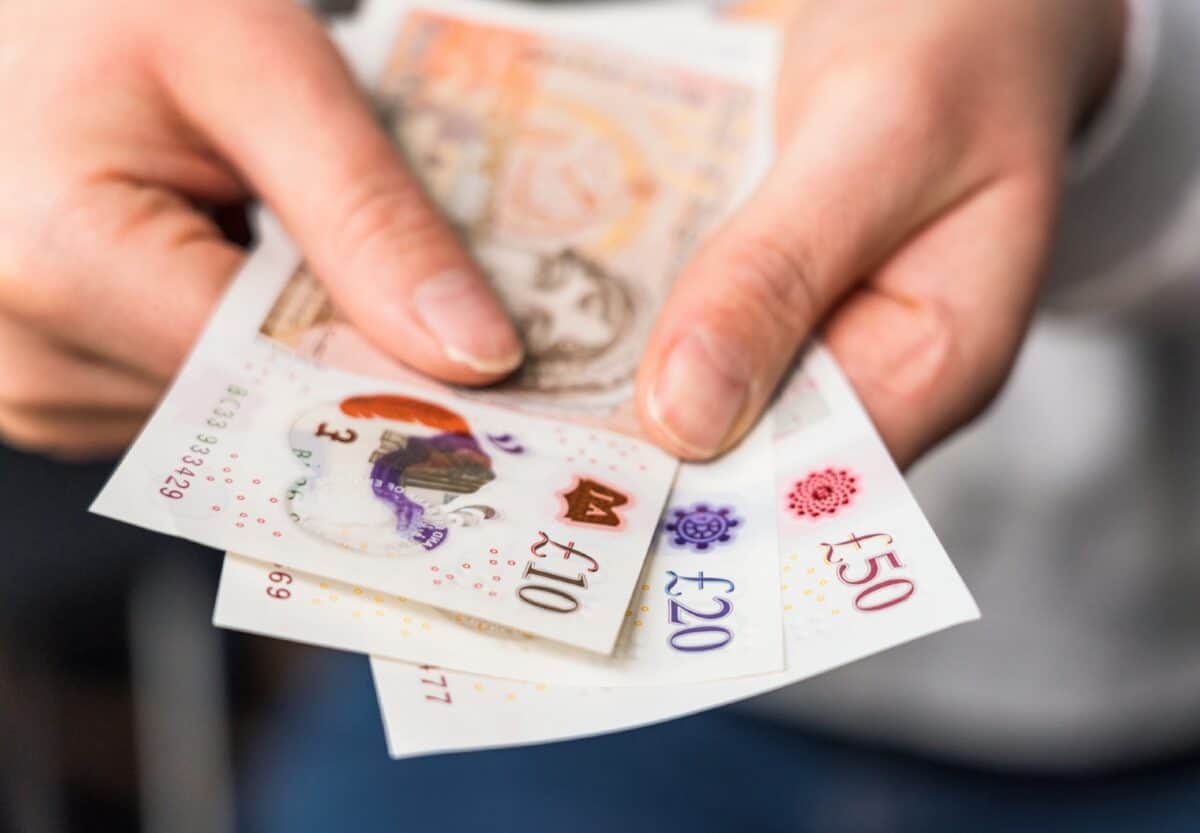Contrary to belief, we don’t need thousands of pounds to start investing. In fact, we can start with very little. Take Warren Buffett as an example. He started out at age 11 with just a few dollars. Now he has a fortune worth over £120bn.
So I’m confident that with £500, I could kickstart a successful investment journey. There are however, a few things to consider.
Forming good habits
Firstly, I’d lay out what I plan to achieve. I did this when I began investing and it has proved to be incredibly beneficial. For me, I’m investing for my retirement. I know by starting now and giving myself more time, I’m more likely to achieve my goals.
Volatility in the stock market is impossible to avoid. But over the long run, the FTSE 100 has returned 7% a year on average. I know the best way to reap the rewards of the market is to play the long game.
I also target companies that offer a dividend yield. That way, I can start generating a passive income. Later down the line, I can use this income to top up my pension, or live a more comfortable life.
There are other steps I’d take with an initial £500. Diversification is key. As such, I like to spread my money across different companies and industries. For example, I’d look to buy five businesses in a range of sectors and invest £100 into each. I could also look to target vehicles such as investment trusts.
Finally, I’d make sure to add to my initial lump sum. Whether it be weekly or monthly, I’d ensure I got in the habit of saving additional money and investing it. This way, I can benefit from cost pound averaging, which beats me trying to time the market.
Sticking to what I know
When it comes to selecting my stocks, I’d take a page from Buffett’s book. He only invests in companies he understands. I like to do the same.
Take Unilever (LSE: ULVR) as an example. The stock has got off to a strong start in 2024. During this time, it’s up 5.4%.
What I most like about Unilever is it’s simple to understand how the business makes money. The products it sells are household names and everyday essentials, such as Dove and Ben & Jerry’s.
Last year, despite a tough economic backdrop, the business managed to grow total underlying sales growth by 7%. For its 30 ‘Power Brands’, sales grew 8.6%.
To add to that, it provides a yield of 3.7%, which is around the FTSE 100 average. Unilever also recently announced a new share buyback scheme worth up to €1.5bn, which shows its willingness to return value to shareholders.
Of course, investing in Unilever shares doesn’t come without risk. The cost-of-living crisis may see consumers look for cheaper alternatives than the products the business sells. Inflation could also eat into its profit margins.
However, its strong results last year highlight the resilient nature of the business. If I had money to invest, it’s companies like Unilever I would be looking to buy.







